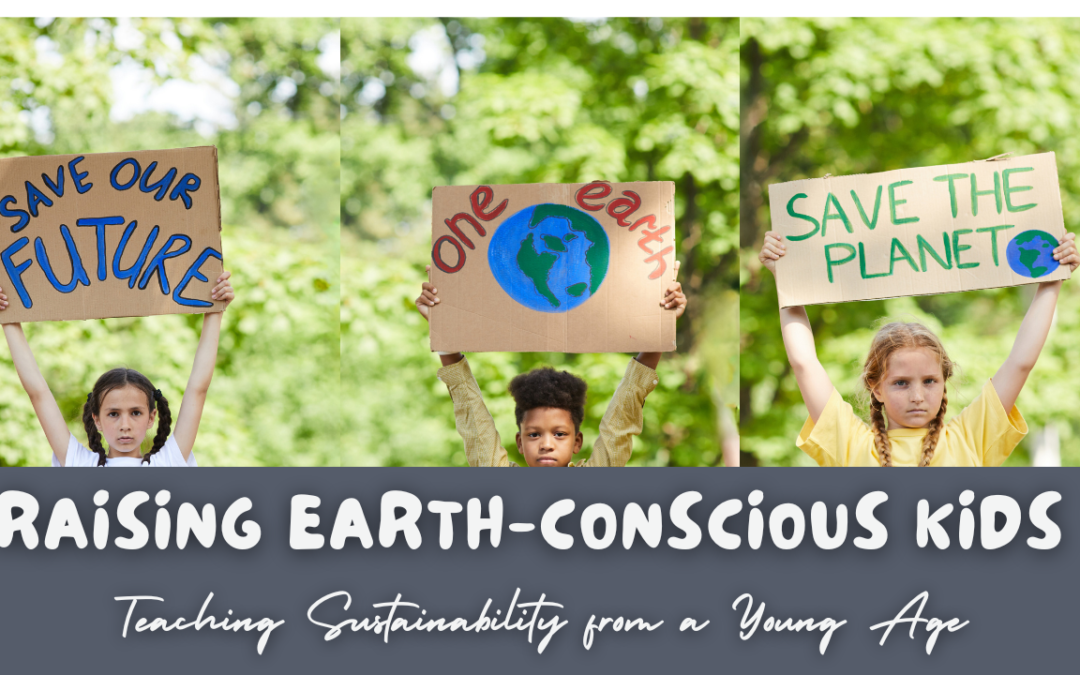In a world where climate change is a hot topic and plastic pollution is a common sight, raising environmentally-conscious children is more important than ever. Teaching kids about sustainability can feel overwhelming, but it doesn’t have to be all doom and gloom! With a little creativity and fun, you can instil eco-friendly values in your children and create lasting habits for a greener future. Here’s a down-to-earth guide to making sustainability relatable, fun, and a part of everyday family life.
Start with the Basics: What is Sustainability?

Before you dive into eco-friendly practices, it’s essential to explain the concept of sustainability to your kids. In simple terms, sustainability means meeting our needs without compromising the ability of future generations to meet theirs. This might sound a bit heavy, but you can break it down into fun terms like “taking care of our planet so that it can take care of us.” You might even consider giving it a catchy nickname, like “Planet Party Planning.” After all, we’re all invited!
1. Make Recycling a Game
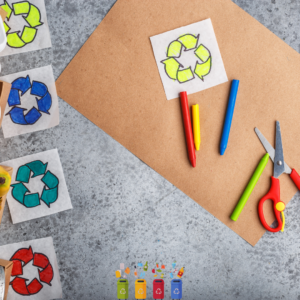
Children love games, and what better way to introduce recycling than by turning it into a fun family competition? Create a recycling challenge: set a timer and see who can sort the most items into the correct bins. Award silly prizes like “Best Recycler” or “Champion of Cardboard.” You can also create a “Recycling Champion” chart to track each family member’s efforts. Who knew sorting cans could be so competitive?
2. Create a Family Garden
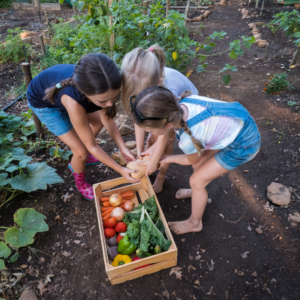
Getting your kids involved in gardening is a fantastic way to teach them about food sources, biodiversity, and the importance of plants in our ecosystem. Start small with a few pots on the balcony or a dedicated garden space in the backyard. Let your kids pick the plants they want to grow—herbs, veggies, or even colourful flowers. Watching the plants grow together nurtures a sense of responsibility and a deeper connection to nature. Plus, they’ll be more excited to eat their veggies if they’ve nurtured them from seeds!
3. Go on Nature Walks

Regular family walks in nature can instil an appreciation for the environment. Take a moment to notice the beauty around you—point out trees, flowers, and animals. You can even turn it into a mini-scavenger hunt, where kids look for specific plants, rocks, or bugs. Encourage them to ask questions about what they see and discuss how important each element is to the ecosystem. Bonus points if you can spot some litter and pick it up together—talk about cleaning up our planet while having a great time! Try our scavenger hunt for a fun nature activity!
4. Practice Mindful Consumption
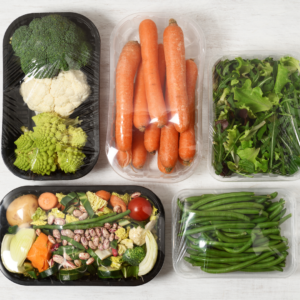
Teaching kids about mindful consumption can significantly impact their understanding of sustainability. Explain the importance of buying only what you need and considering the environmental impact of their choices. When shopping, involve them in discussions about packaging—choose items with minimal packaging or reusable containers. You could say, “Just think, with less packaging, we’ll have more space for the good stuff—like snacks!”
5. Make Eco-Friendly Crafts
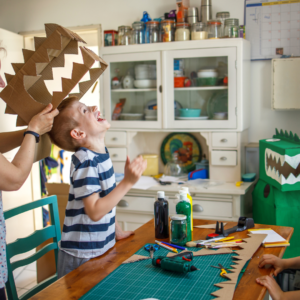
Crafting is a fun and creative way to teach kids about reusing materials. Gather up old magazines, cardboard boxes, and scraps of fabric to create new art projects. You can challenge them to come up with new uses for discarded items, like turning an old t-shirt into a reusable bag. Not only does this promote sustainability, but it also encourages creativity—who knows what masterpieces might emerge from your recycling bin? This also comes in super handy when creating costumes for things like Halloween and book week!
6. Choose Eco-Friendly Products

When purchasing household items, make eco-friendly choices together. Explain why you choose natural cleaning products, biodegradable items, or sustainably sourced materials. Involve your kids in the decision-making process, and let them feel like they are part of the team! For instance, you could say, “We pick these eco-friendly snacks because they’re healthier for us and better for the planet!”
7. Limit Screen Time and Encourage Outdoor Play

Encouraging outdoor play is essential for kids to connect with nature. Limit screen time and instead organise outdoor activities—like hiking, playing at the park, or simply exploring the backyard. You can even create a “Nature Club” where kids document their outdoor adventures through photos or drawings. The more time they spend outdoors, the more they’ll appreciate the environment and want to protect it.
8. Read Books About Sustainability

There’s a wealth of children’s literature focused on environmental themes. Find books that discuss sustainability in a fun and relatable way. Some great titles include The Lorax by Dr. Seuss and What If There Were No Bees? by Suzanne Slade. After reading, engage your kids in discussions about the themes and ask them what they can do to help. You could ask, “What lessons did the Lorax share with us about trees?”. See our list of Books That Encourage Green Living.
9. Celebrate Earth Day

Earth Day, celebrated on April 22nd, is a perfect opportunity to reinforce eco-friendly values. Plan family activities centred around this day—perhaps a neighbourhood clean-up, tree planting, or an educational trip to a local nature reserve. Make it a special occasion by creating Earth Day traditions, like planting a new tree each year or having a picnic outdoors. Kids will look forward to these activities and learn the importance of caring for the Earth.
10. Lead by Example

Kids learn most effectively by watching what their parents do. Show them your commitment to sustainability by practicing eco-friendly habits in your daily life. Whether it’s using reusable bags, composting, or minimising water usage, your actions will inspire them to adopt similar practices. You might even joke, “If we want to keep the Earth happy, we have to be its superheroes!”
Sustainability Is a Family Affair
Raising earth-conscious kids doesn’t have to be a daunting task. By incorporating fun activities, engaging discussions, and everyday practices, you can instil eco-friendly values that last a lifetime. Remember, it’s not about being perfect but about making small, conscious choices that contribute to a healthier planet. With a little creativity and a lot of laughter, you can create a family culture of sustainability that your kids will carry into adulthood.

